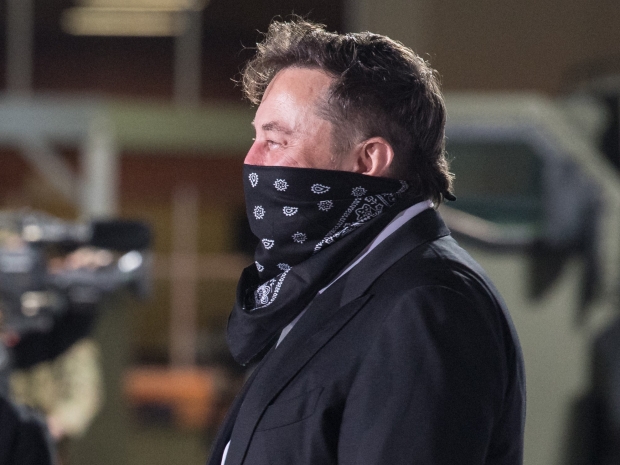Balderton Capital managing partner Bernard Liautaud said Europe has become “too dependent” on the US and on Musk’s sprawling space empire, which dominates both rocket launches and satellite communications. He said the EU must urgently build its own independent space capabilities or risk being held hostage to Silicon Valley’s most volatile mogul.
Liautaud said: “We need to be more self-sufficient. A growing part of military supremacy will be fought in space.”
The warning comes as European nations scramble to ramp up defence spending and boost homegrown defence technology in response to Russia’s invasion of Ukraine.
SpaceX has turned itself into a near monopoly for launches and broadband satellites, controlling everything from Starlink communications to the rockets that deliver critical payloads into orbit.
That has left the EU dangerously reliant on a private US company run by a man who tweets at two in the morning about aliens and political conspiracies. In the Ukraine conflict it was alledged that he geofenced Starlink satellites to stop Ukraine's missiles hitting Russian targets. Musk has met Putin in what same saw as an attempt to create his own foreign policy.
Liautaud said Europe must start treating space as a matter of sovereignty, not just science.
“We need to build much stronger capabilities to launch satellites and develop space-based defences,” he warned, adding that Europe is “quite weak right now” when it comes to space infrastructure.
Balderton, which has backed more than 250 start-ups including fintech outfit Revolut, robotics developer Wayve and drone maker Quantum Systems, has been ramping up what it calls “sovereign” European investments.
Last year it co-led a $160 million (€148 million) round for Franco-German space venture The Exploration Company, which is developing cargo capsules, rockets and lunar landers.
The Exploration Company founder and former Airbus executive Hélène Huby told an audience at Italian Tech Week that the market for space is “huge”, driven by telecommunications, earth imaging and defence, but Europe remains far too reliant on American hardware.
While European start-ups are attracting record investment, they still face an uphill battle against heavily funded US rivals like Musk’s SpaceX, recently valued at $400 billion (€370 billion), and Jeff Bezos’s Blue Origin.
Even within the venture capital world, where failure is a given, Balderton partner Suranga Chandratillake said the shift toward funding defence and space start-ups marks a fundamental change in Europe’s approach.
“Twenty-five years ago, in trying to solve these problems, one of the last things Europe would have done was turn to start-ups. Today that is a key ingredient of what the solution looks like,” he said.
The problem, critics say, is that as long as Europe keeps outsourcing launches and connectivity to Musk, it risks trading sovereignty for convenience. For once, it might be worth listening to the venture capitalists. Europe’s future in space should not depend on whether Elon Musk wakes up in a good mood.




